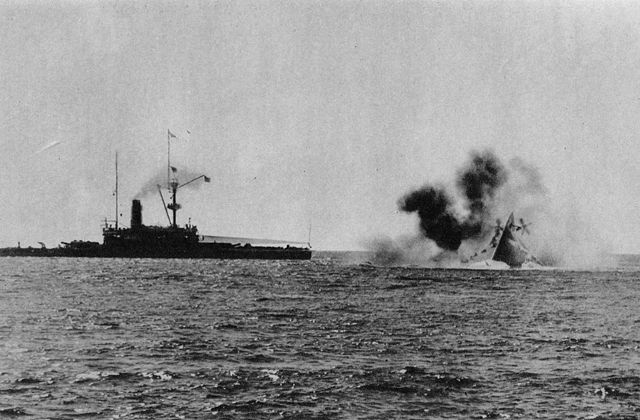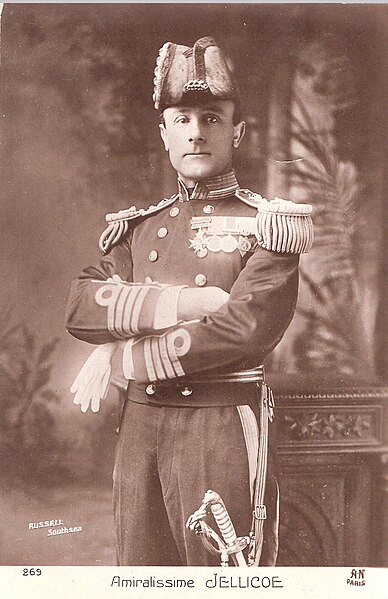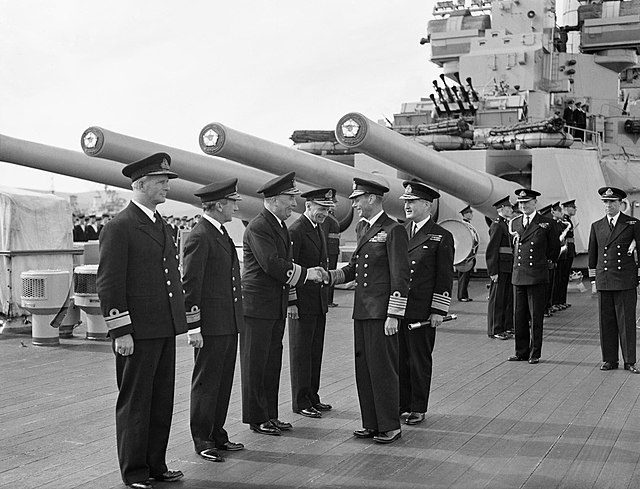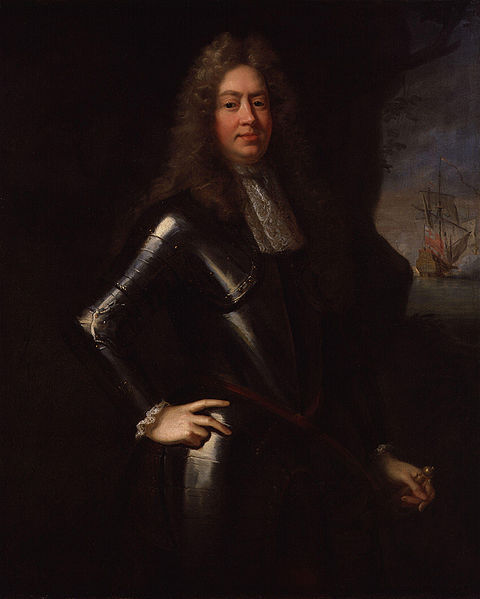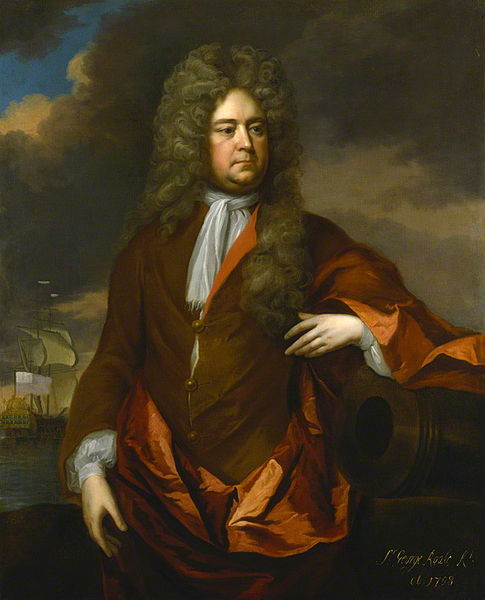John Jellicoe, 1st Earl Jellicoe
Admiral of the Fleet John Rushworth Jellicoe, 1st Earl Jellicoe, was a Royal Navy officer. He fought in the Anglo-Egyptian War and the Boxer Rebellion and commanded the Grand Fleet at the Battle of Jutland in May 1916 during the First World War. His handling of the fleet at that battle was controversial. Jellicoe made no serious mistakes and the German High Seas Fleet retreated to port, at a time when defeat would have been catastrophic for Britain, but the public was disappointed that the Royal Navy had not won a more dramatic victory given that they outnumbered the enemy. Jellicoe later served as First Sea Lord, overseeing the expansion of the Naval Staff at the Admiralty and the introduction of convoys, but was relieved at the end of 1917. He also served as the governor-general of New Zealand in the early 1920s.
John Jellicoe, 1st Earl Jellicoe
The battleship HMS Victoria sinking
Jellicoe as captain, in command of HMS Centurion, flagship on the China Station (his depiction on a contemporary cigarette card shows he was in the public eye long before becoming an admiral).
Admiral, or as the French knew him: Amiralissime Jellicoe, shown as a Captain earlier in his career
Admiral of the Fleet (Royal Navy)
Admiral of the Fleet is a five-star naval officer rank and the highest rank of the Royal Navy, formally established in 1688. The five-star NATO rank code is OF-10, equivalent to a field marshal in the British Army or a Marshal of the Royal Air Force. Apart from honorary appointments, no new admirals of the fleet have been named since 1995, and no honorary appointments have been made since 2014.
King George VI and Admiral Bruce Fraser aboard HMS Duke of York at Scapa Flow, August 1943
Image: George Legge, 1st Baron Dartmouth by John Riley
Image: Gibson, Edward Russell
Image: George Rooke 2


